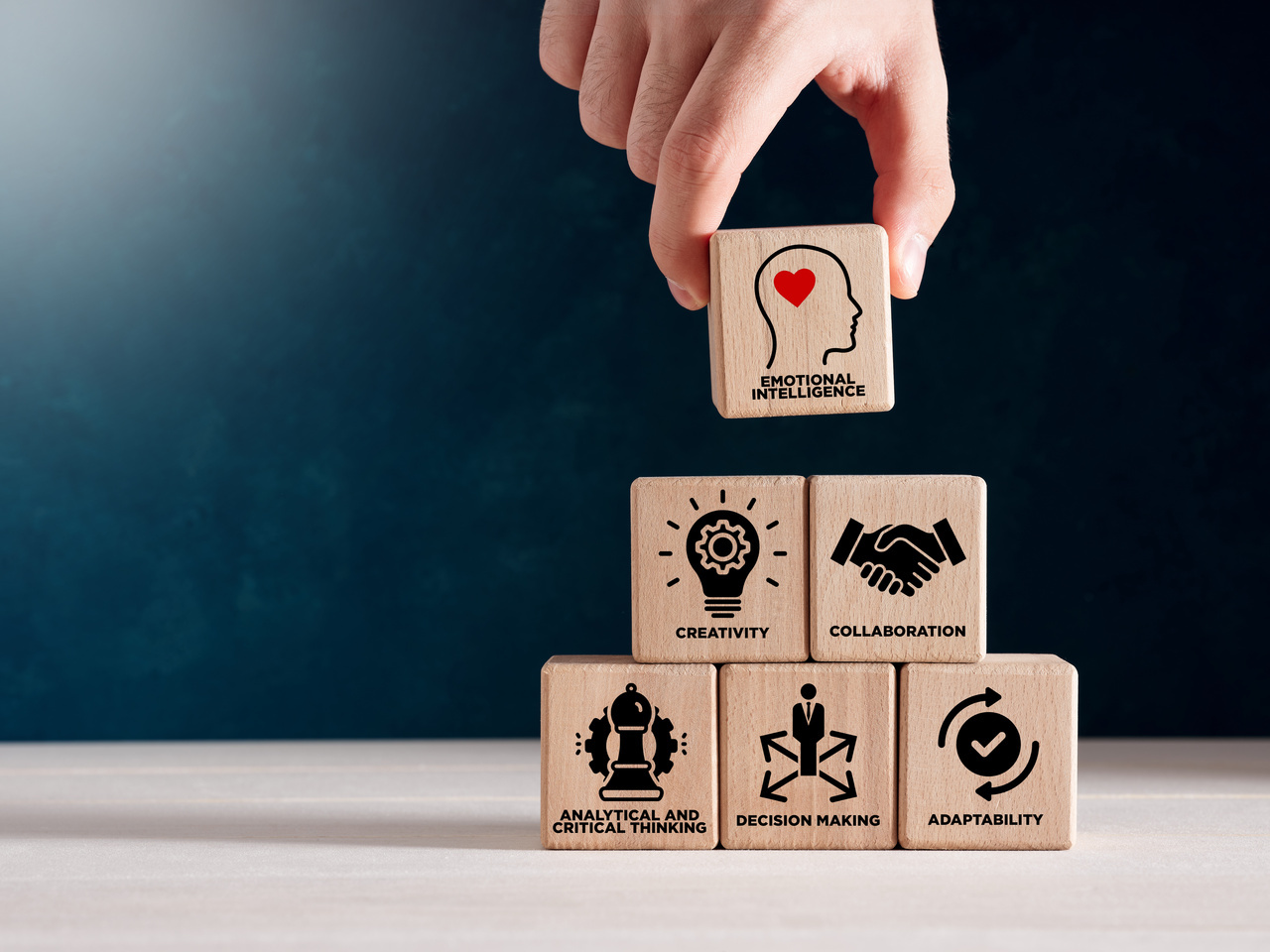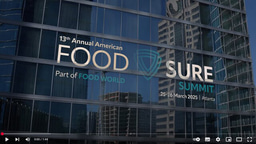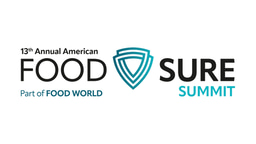Keynote address: Leadership as a key component of food quality and safety

Dominic Mitial, VP of Food Safety, Quality and Regulatory at Goldbergs Group, kicked off the second day of the 2025 American Food Sure Summit with a focus on leadership as a key component of food quality and safety.
After two brilliant day one sessions on the potential impact of strong leadership on the bottom line, Mitial chose to focus on one facet of a good leader: diplomacy. The qualities required for diplomacy take time to master, and cannot simply be learnt like technical skills, which is why, for Mitial, it is such a crucial yet often missed component to have in your locker.
So, what can diplomacy help us achieve?
Relationships not just regulations: Diplomacy can be the key to balancing compliance with professional relationships, without which you won’t be able to succeed at what you do.
Cross-functional work: Without diplomacy, working collaboratively with production and other teams becomes a challenge.
We are all customers of each other interdepartmentally” said Mitial, and so “the way we serve our internal customers should be the same way we serve our external customers”.
Managing and meeting customer expectations: This cross-team collaboration will in turn facilitate audit-readiness, allowing businesses to more easily meet customer expectations from a regulatory perspective.
Generating investment: Convincing executives to invest in food safety (which doesn’t directly add to the bottom line) can often be challenging, especially when budgets are tight. Effectively communicating the positive impact this investment will have on the company requires strong diplomatic skills.
For Mitial, there are five core diplomatic skills to practice:
- Emotional intelligence: perhaps the most important attribute, a high EQ allows you to slow down and explain the importance of food safety in a calm manner, rather than letting frustrations spill over.
-
Active listening – often we feel that other teams don’t understand food safety and therefore need to be told, and so we forget to actively listen. If you’re able to listen to their concerns or own frustrations, you might be able to adopt a different approach to successfully explain the food safety perspective.
-
Professional communication – the age-old saying really does ring true here - it is not what you say, it’s the way you say it. This is absolutely critical to developing strong, effective communication between Quality Assurance and production teams. Rather than being against each other, building your communication around a common goal will help drive collaboration.
-
Conflict resolution – in particular at moments of high stress, there will be conflicts. When production need to provide for their customers and are not meeting targets, there will be tension if they have to stop the production line. Using diplomacy to de-escalate conflict rather than add to it is crucial to efficiently overcoming problems. Mitial highlights that often it is as simple as asking “how can I help?”.
- Cultural sensitivity – in a multicultural environment, like in the US where, for example, a lot of workers speak Spanish as their native language, it is important to demonstrate cultural sensitivity to your colleagues and employees. A certain level of cultural understanding and sensitivity helps everyone feel valued, and prevents unnecessary miscommunications.
All these diplomatic skills require effort and will not be learnt overnight – Mitial himself highlights he is a work in progress. Nevertheless, these practical tips have often helped him get one step closer to achieving diplomacy:
- Even if the answer is a no, say yes! Find an alternative way rather than shutting something down from the get-go
- Tell stories, not just regulations
- Leverage data – data moves everything into the realm of facts rather than feelings. Data prevents segregation between teams – we aren’t just talking about what QA might want, it’s about what the data is telling us will work better for everybody
- Foster relationships first before the disaster happens
- “Be the guy, not the enforcer!”
Food safety is as much about influence as compliance,” reflects Mitial, “the more you can influence others, the quicker you get compliance.”





Please sign in or register for FREE
If you are a registered user on The FSQ Network, please sign in